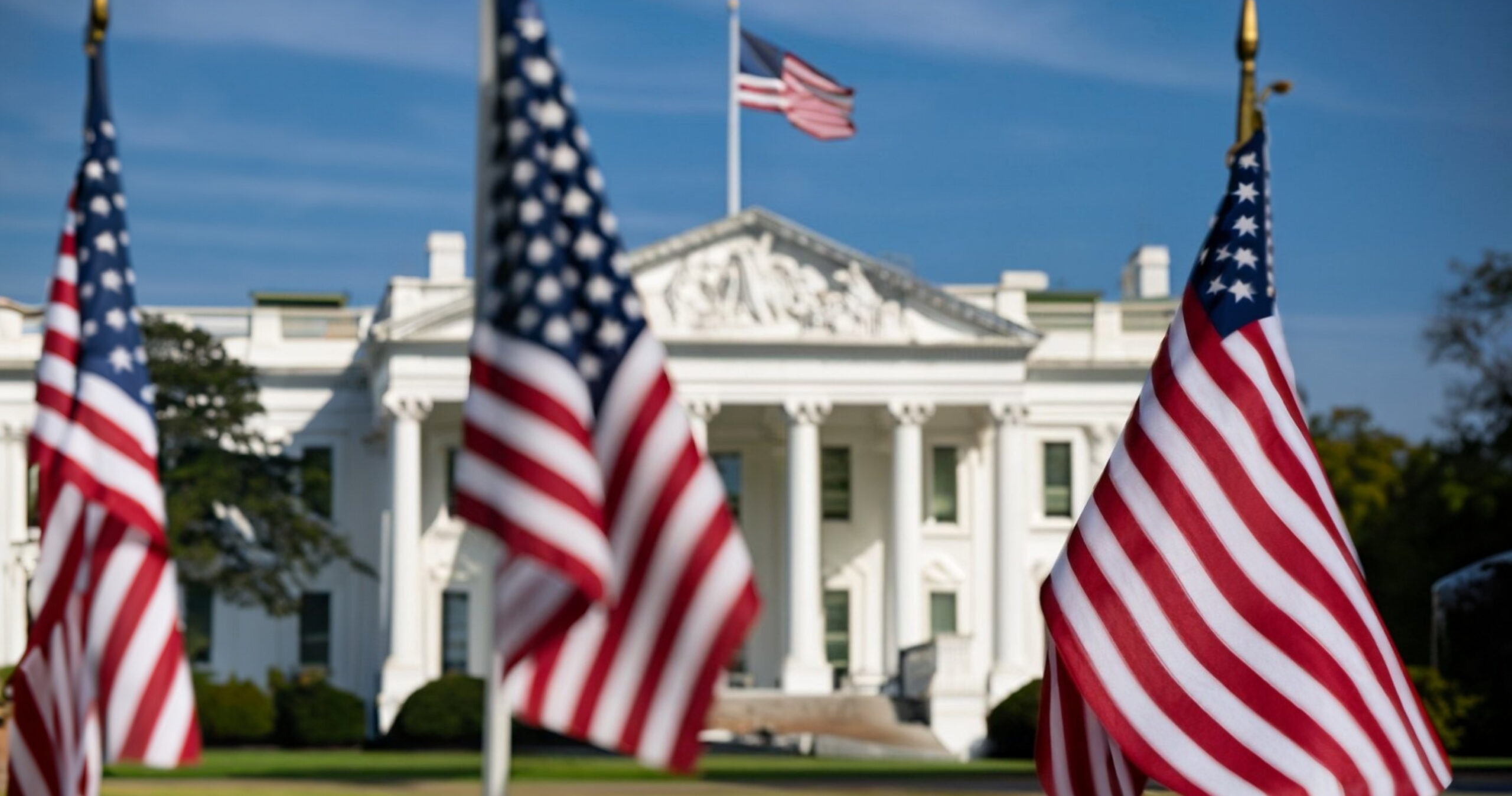Statement from the Alliance for Safe Biologic Medicines (ASBM) on the Administration’s Executive Order Implementing MFN Pricing
May 15, 2025
The Alliance for Safe Biologic Medicines (ASBM) opposes the Administration’s May 12, 2025 Executive Order establishing Most Favored Nation (MFN) pricing for prescription drugs.
This approach would import foreign price controls from countries where patients wait longer and have less access to the newest, most effective treatments. In nations where these policies are in place, patients face higher mortality rates from diseases like cancer and have fewer therapeutic options overall. For example:
- Of new cancer medications, 90% are available to US patients within the first year of launch, whereas less than half of these are available to cancer patients in Germany, the UK, France, and Canada within the first year.
- Many medicines are never available in these jurisdictions: Of cancer medicines launched globally between 2011 and 2019, more than 96% are available to US patients while only 65% are available in Australia, Japan and the UK.
- Cancer death rates per 100,000 are 1.6 to 1.8 times higher in Europe than those in the US. In a country the size of the U.S., European cancer death rates would translate to an additional 400,000 dead from cancer each year.
“This misguided proposal jeopardizes American leadership in pharmaceutical innovation and patient access to cutting-edge medicine by importing European-style price controls,” says Andrew Spiegel, ASBM co-founder and Executive Director of the Global Colon Cancer Association: “Europeans come to the U.S. for quality care and access to the newest and best treatments- we don’t go there. American patients should not be asked to accept reduced access and worse outcomes because the government is chasing shortsighted savings.”
Rather than importing flawed systems that ration access to lifesaving medicines, policymakers should build on the success of market-based competition in the U.S. in lowering prices—including the growing adoption of safe, effective biosimilars leading to $36 billion in savings since their introduction while building high confidence among physicians and patients. In addition, the Administration’s recent support for reforming the rebating and formulary practices of Pharmacy Benefit Managers (PBMs), widely acknowledged as contributing to the high cost of medications, presents a more promising means of controlling drug costs without reducing patient access.
ASBM urges the Administration to work with patient advocacy organizations, physicians, and other stakeholders to pursue policies that maintain America’s leadership in biopharmaceutical development and ensure patients have continued access to those medicines, rather than undermining these through misguided pricing mandates.
###
